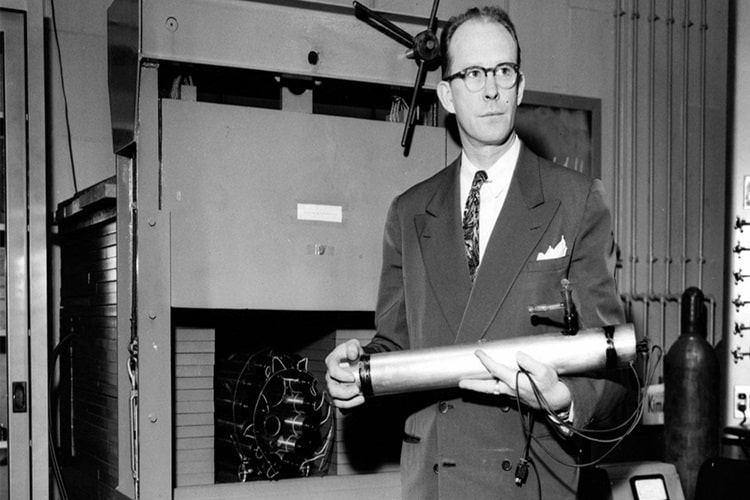Celebrating life and legacy of Willard Libby

Willard Libby was an American chemist and physicist. He was awarded the Nobel Prize in Chemistry in 1960.
Life and Career
Willard Libby was born on December 17, 1908, in Grand Valley, Colorado, USA.
Willard Libby earned his Bachelor of Science degree in 1931 and his Ph.D. in 1933, both from the University of California, Berkeley. His early work focused on the separation of isotopes, particularly the stable isotope carbon-13. This research laid the foundation for his later groundbreaking work in the field of radiocarbon dating.
During World War II, Libby worked on the Manhattan Project, the secret U.S. government project that developed the first atomic bombs. His expertise in isotope separation contributed to the project’s success.
After the war, Libby joined the University of Chicago as a professor at the Institute for Nuclear Studies. It was here that he conducted the research that would make him famous. In 1947, he developed the radiocarbon dating technique, which revolutionized archaeology and anthropology. This method allowed scientists to determine the age of organic materials by measuring the decay of carbon-14 isotopes.
Libby’s work earned him the Nobel Prize in Chemistry in 1960, recognizing his contributions to the understanding of the carbon-14 isotope and its application in dating archaeological and geological samples.
Aside from his work on radiocarbon dating, Libby was involved in various scientific and educational activities. He served as the Director of the University of Chicago’s Institute for Nuclear Studies from 1954 to 1959 and later became a professor at the University of California, Los Angeles.
He passed away on September 8, 1980, in Los Angeles, California.
Award and Legacy
Willard Libby received several prestigious awards and honors throughout his career, with the most notable being the Nobel Prize in Chemistry in 1960. The Nobel Committee recognized him for his development of the radiocarbon dating technique, which had a profound impact on the fields of archaeology, anthropology, and geology. The Nobel Prize brought international attention to Libby’s groundbreaking work and solidified his reputation as a leading figure in the scientific community.
Willard Libby’s legacy is primarily defined by his pioneering work in the development of radiocarbon dating. His research transformed the field of archaeology by providing a reliable method for dating organic materials and artifacts. The legacy of radiocarbon dating extends beyond archaeology, influencing disciplines such as anthropology, geology, and paleontology.
Libby’s contributions opened new avenues for understanding the chronology of human history, the evolution of species, and the geological processes shaping the Earth. Radiocarbon dating became an indispensable tool for researchers seeking to unravel the timelines of civilizations, study ancient environments, and reconstruct past climates.
Beyond his specific scientific achievements, Libby’s role in the Manhattan Project during World War II also contributed to his legacy. His work on isotope separation was crucial to the development of atomic weapons, and while this aspect of his career is controversial, it reflects the complex intersections between science, ethics, and history during wartime.
Observer Voice is the one stop site for National, International news, Sports, Editor’s Choice, Art/culture contents, Quotes and much more. We also cover historical contents. Historical contents includes World History, Indian History, and what happened today. The website also covers Entertainment across the India and World.
Follow Us on Twitter, Instagram, Facebook, & LinkedIn

